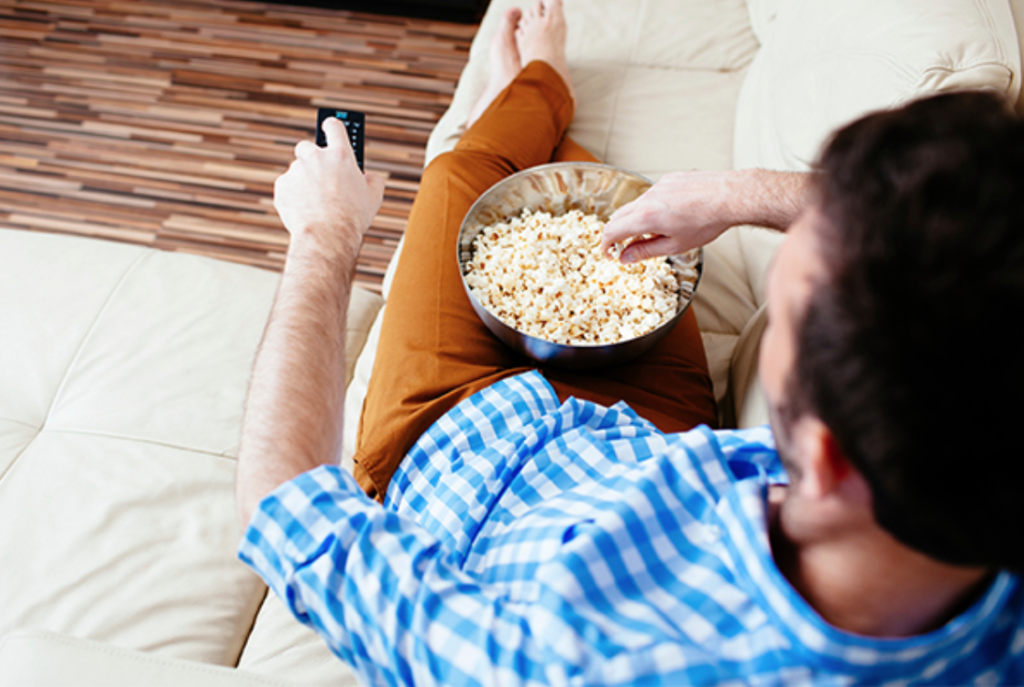Late-Night Snacking

We’ve all been there. You’re sitting there watching TV and all of a sudden BAM — the late-night snacking cravings hit you. Regardless of the fact that your body is still digesting the dinner you just ate hours ago, you have to go grab that pizza or a bag of chips. Most of the time you’re not even hungry either! So, why the irresistible urge to snack late at night? Where does it come from, and how is this seemingly unbreakable habit unhealthy for our bodies?
Some of the most common reasons for late-night snacking include:
Suggestibility
Boredom
Loneliness
Self-Denial
Nutritional Imbalance
Grief
Self-sabotage
According to Experience Life, “The reasons behind late-night snacking are complex and various, so the first step toward overcoming a late-night snacking habit is figuring out your own late-night snacking profile.” Once you take the time to realize when, where, and what you are eating at night, you can better understand and break your snacking habits. Distractions, substitutions, and even new-age rituals are key components that will help you with this.
When it comes to your health, snacking late at night can lead to problems with your metabolism. When you eat may be almost as important as what you eat. Because we tend to be more active throughout the day, our metabolisms are more intact, and we are therefore able to process energy more efficiently. In a study on mice, researchers created two groups. One had access to food all hours of the day, while the other group could only eat during an 8-hour period.
THE RESULTS?
“Both of the high-fat groups ate the same amount of calories. But the mice who had eaten high-fat diets round the clock had a number of health problems, including weight gain, high cholesterol, high blood sugar, liver damage, and even motor problems when put to an exercise challenge. The mice who had had restricted access to food weighed 28 percent less than their free-feeding counterparts, and they didn’t have the other health problems observed in that group” (The Atlantic).
This study supports the idea that the later in the day that we are consuming food, the more health problems we may be facing due to our bodies slowed metabolism rates and inability to efficiently process food at that time.
While weight gain and an increased risk of type 2 diabetes have been linked to late-night snacking, a recent study suggests that your brain may also be at risk as well. According to Dr. Dawn Loh, “late-night snacking may affect our learning capabilities by affecting the parts of the brain responsible for learning and memory, specifically, the hippocampus.”
Breaking your late-night snacking habits is highly recommended for both your physical and mental health. If you have to have something, however, always opt for some healthier options.
CK